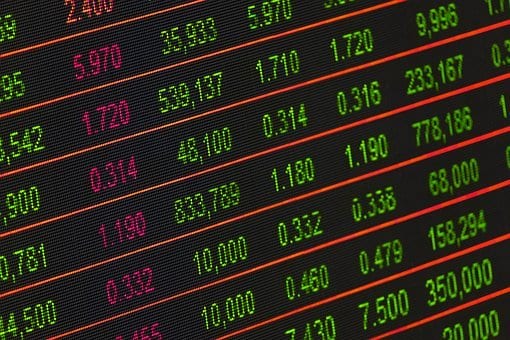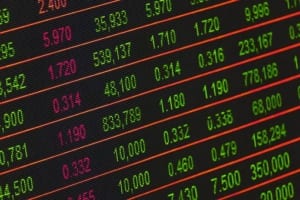

Investor sentiment was initially buoyed in January as the US and China signed their interim trade deal, driving US share indices to new all-time highs. However, major global equity markets ultimately ended the month in negative territory against a backdrop of mounting concern over the spread of the coronavirus, which in turn triggered worries about the longer-term impact on China’s flagging economic growth.
- The US economy grew at its slowest annual rate since 2016
- The ECB launched a review of its monetary policy strategy
- The Bank of Japan upgraded its economic forecasts
After years of political wrangling, the UK finally quit the EU at 11pm on 31 January. As the UK entered the “transition” phase, Prime Minister Boris Johnson reiterated that the UK would not extend this Implementation Period beyond 31 December 2020, and the Government now has 11 months to negotiate the UK’s new relationship with Europe.
Elsewhere, the UK experienced its worst-ever year for retail sales in 2019, according to the British Retail Consortium (BRC), which also reported the first year to show an overall decline. The FTSE 100 Index fell by 3.4% during January.
The US and China signed their “Phase One” trade deal designed to relieve the long-running trade conflict between the two nations. The US economy grew by 2.3% during 2019, representing its slowest annual growth since 2016. The US Federal Reserve believes that global growth might be stabilising, partly because of “diminished” uncertainties around the issue of trade. The Dow Jones Industrial Average Index fell by 1% during January.
The eurozone’s rate of inflation increased from 1% year on year in November to 1.3% in December, reaching its highest level since June. Nevertheless, it remains well below the European Central Bank’s (ECB’s) target rate of below, but close to, 2%. The ECB launched a review of its monetary policy strategy during the month, triggering speculation that the central bank might move to change its inflation target. Meanwhile, the eurozone’s economy grew by only 0.1% during the final quarter of 2019.
The Dax Index fell by 2% during January, while the CAC 40 Index posted a 2.9% drop.
